
Like so many of you, I’ve found myself taking a closer look at the ingredients found in my beauty products, particularly over the past couple of years. And while I’ve certainly got a long way to go in terms of thoroughly cleaning up my routine, I’m beginning to phase out some ingredients which I know are doing my body more harm than good. As such, I’m becoming increasingly familiar with the names of ingredients which I previously wouldn’t have given a second thought.
It wasn’t until recently, however, that I began to realise that several of my favourite beauty products all contain the same ingredient: something called monoi oil. Coincidence? I think not. All of the products I use that contain monoi oil, across haircare and skincare, happen to be incredibly moisturising and nourishing. And, after some research, I think it’s high time this hero ingredient gets the recognition it deserves.
What is monoi oil?
Monoi oil is an infused elixir made from soaking petals of the tiare flower—otherwise known as the Tahitian gardenia—in pure coconut oil, both of which are native to French Polynesia. The process of making monoi oil is steeped in Polynesian history. Traditionally, freshly grated coconut flesh was pressed to release the oil. Fresh tiare petals would then be added to this oil to create the potent monoi blend. In the interest of protecting the ingredient’s integrity and heritage, by law, the oil can only be labelled “monoi” if the oil is made in French Polynesia.

What are the benefits of monoi oil?
To this day, native Polynesians use monoi oil to moisturise and soothe the skin. The oil’s fatty acids contain antimicrobial properties. It protects against harmful bacteria that can lead to skin infections, such as acne, cellulitis, and folliculitis. It is also anti-inflammatory and can reduce symptoms from skin conditions, including eczema and dermatitis.
Many use monoi oil in their bathwater, too, as the scent helps to relax the mind. As far as hair is concerned, the properties within monoi oil promote growth and strength to the hair follicles, all the while making each strand softer and shinier. It also reduces split ends and keeps frizz at bay. Needless to say, monoi oil is becoming an increasingly popular ingredient in shampoos, conditioners, and styling products.
How is monoi oil used?
Monoi oil can be applied directly to the skin as a moisturiser, be it on the face or the body. It can also be applied to wet or dry hair, either after shampooing or as a between-wash treatment. It is also highly effective as a cuticle oil, bath oil, and massage oil.
Are there any side effects of using monoi oil?
Monoi oil is generally safe to use. Unlike pure coconut oil, however, it’s perfumed. If you have sensitive skin or allergies, you may wish to consult a doctor or dermatologist before incorporating this oil into your hair and skincare routines. At the very least, you may want to perform a patch test before applying it liberally to your hair, face, and body to determine whether it will cause you any irritation.
Now that you’re well versed in all things monoi oil, browse some of the best monoi oil beauty products on offer.
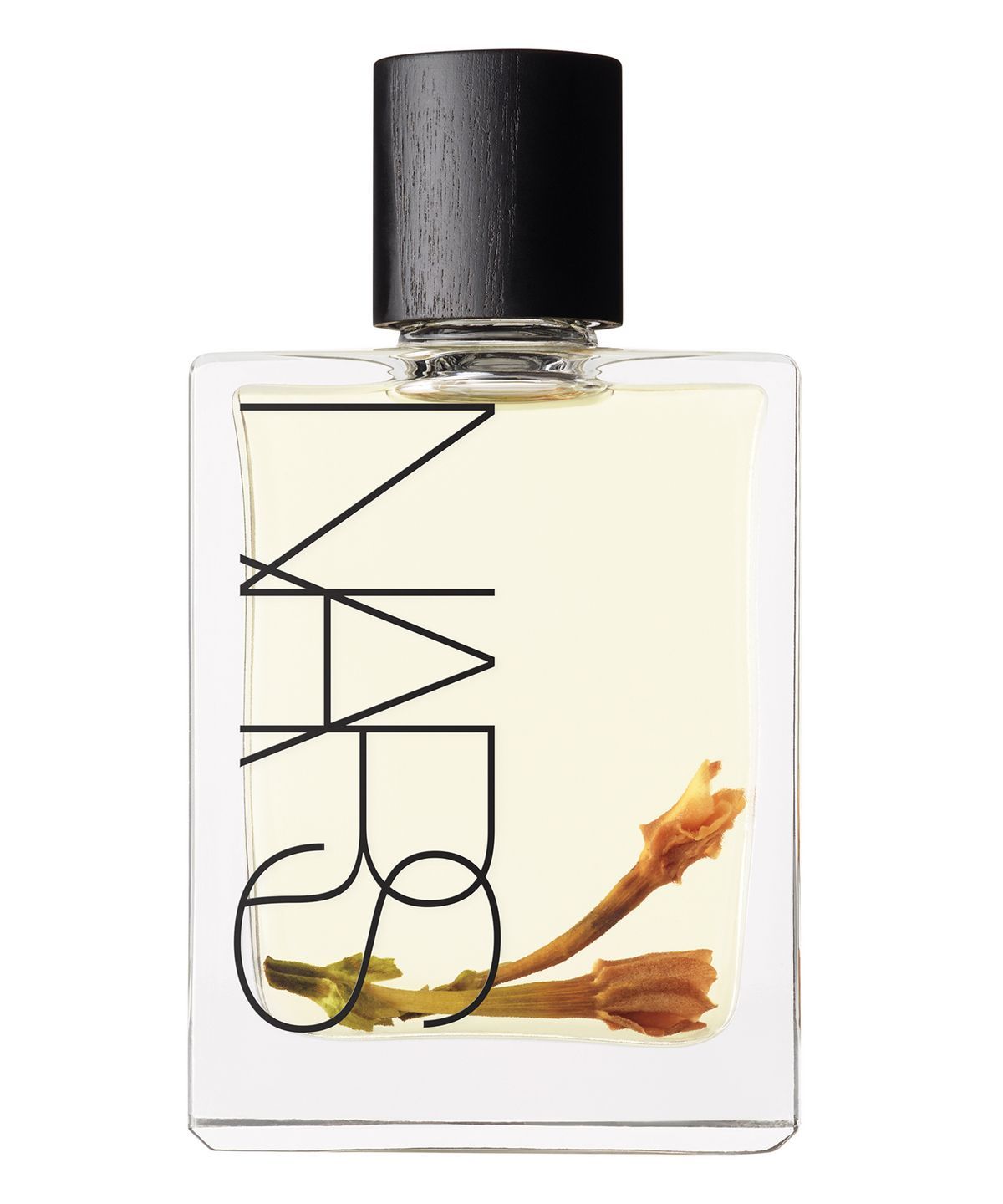



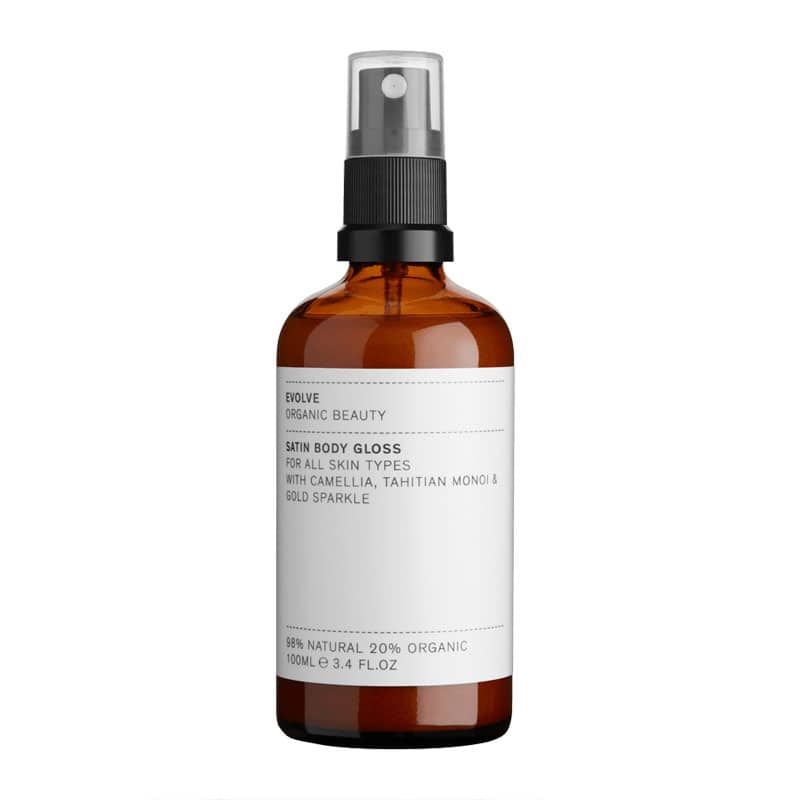
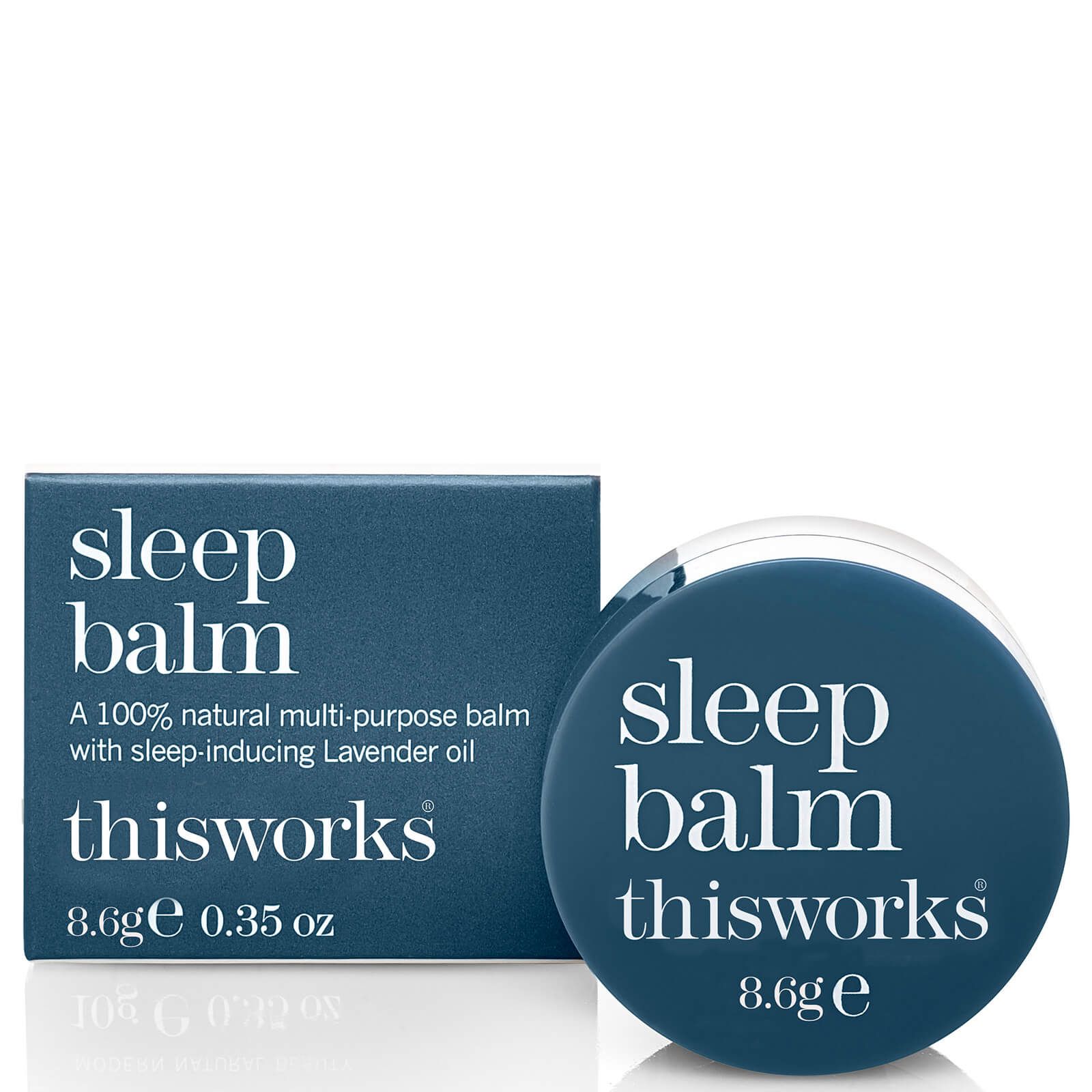
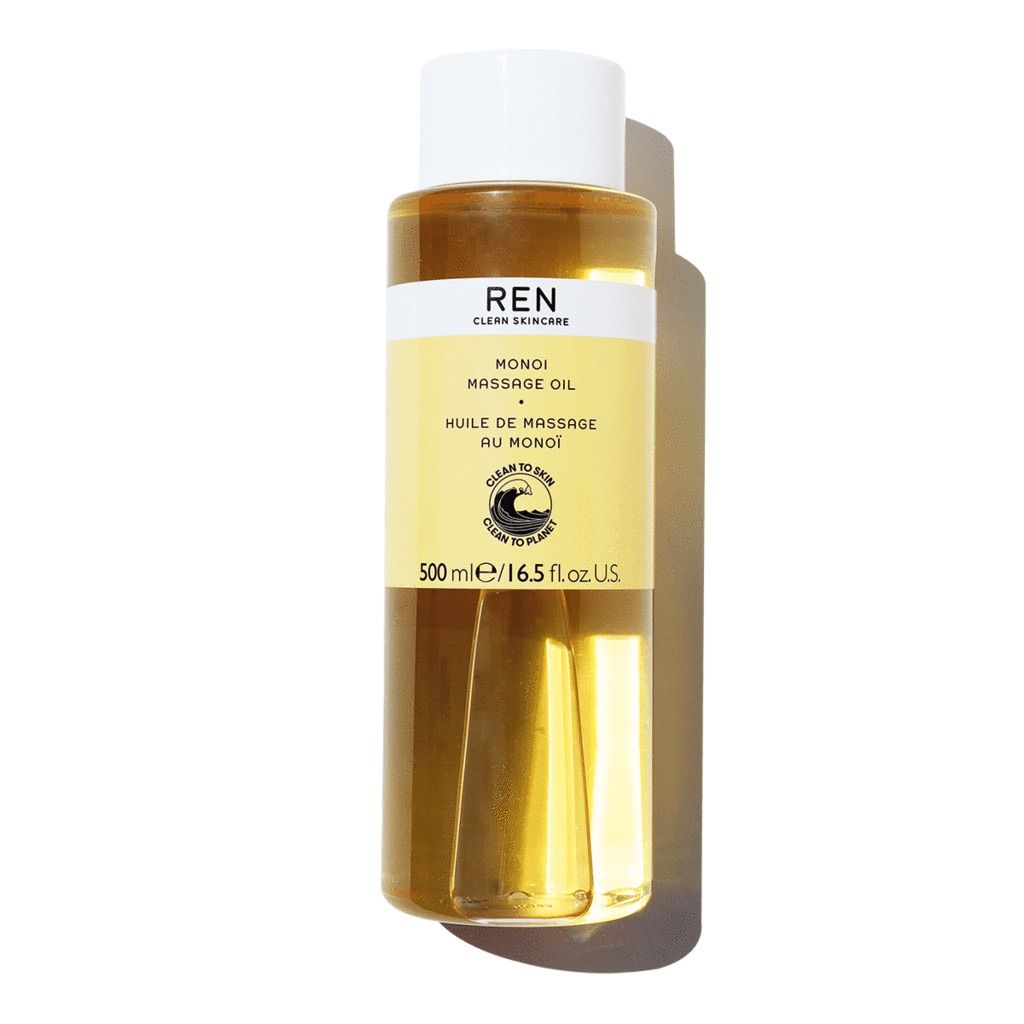
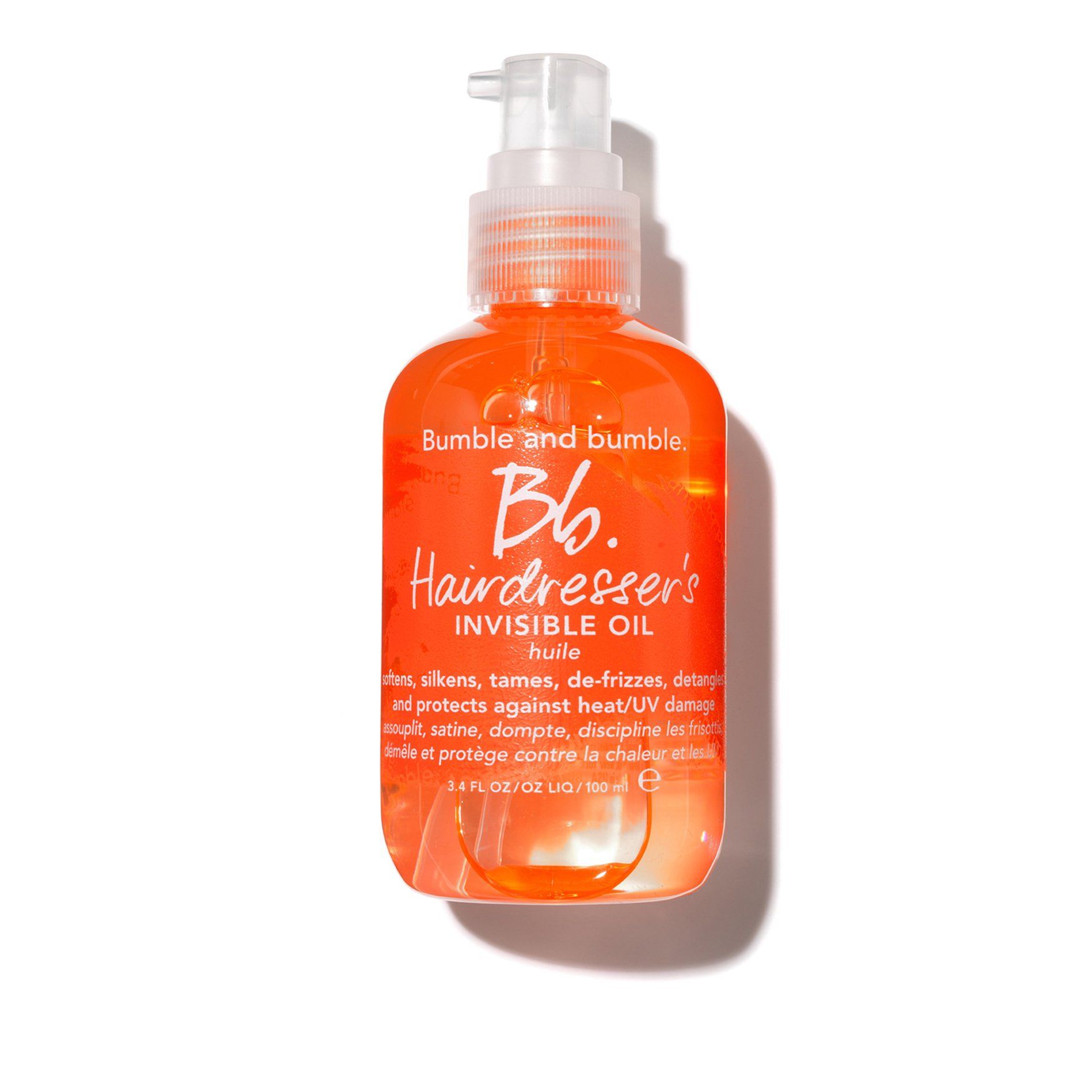
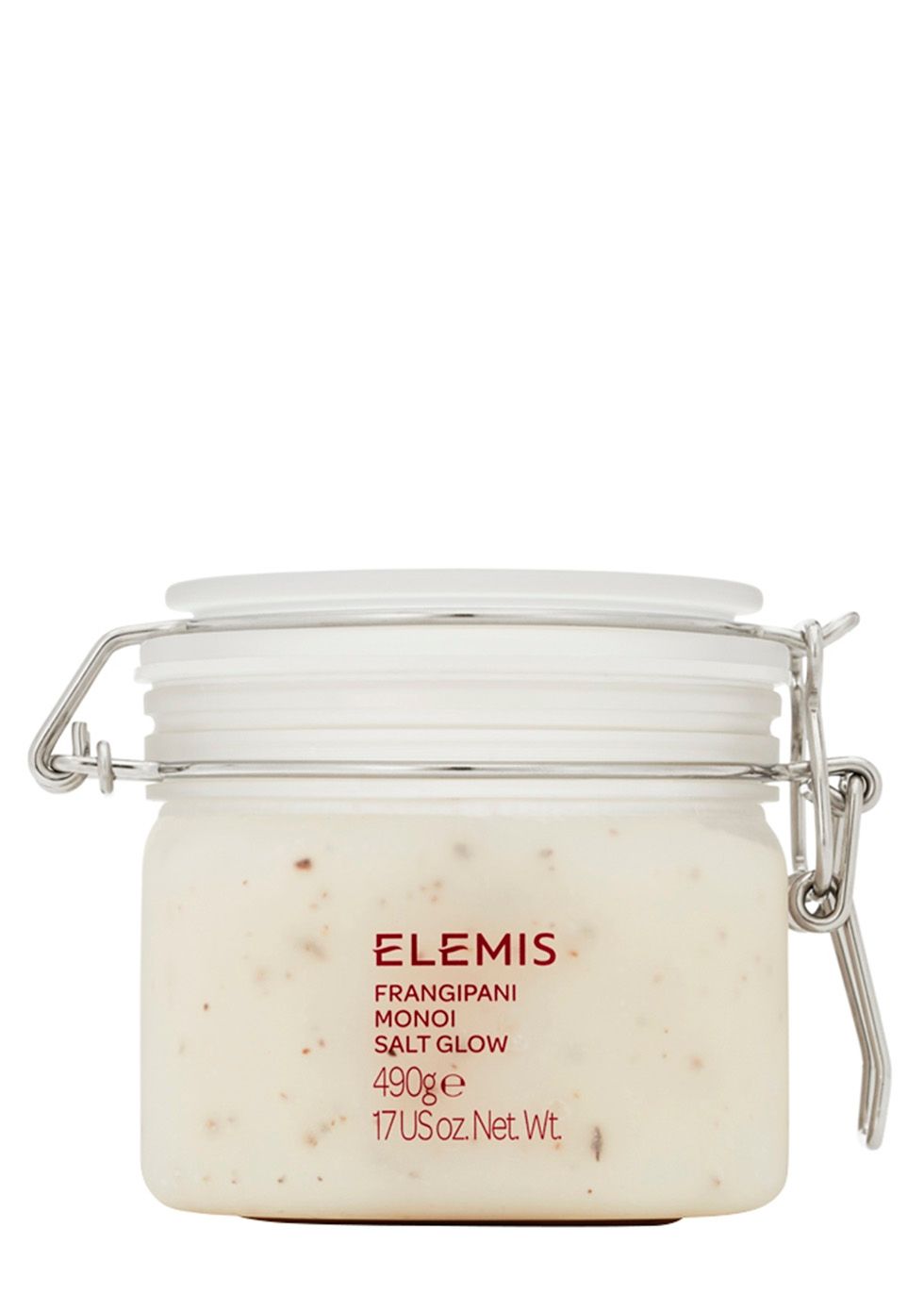
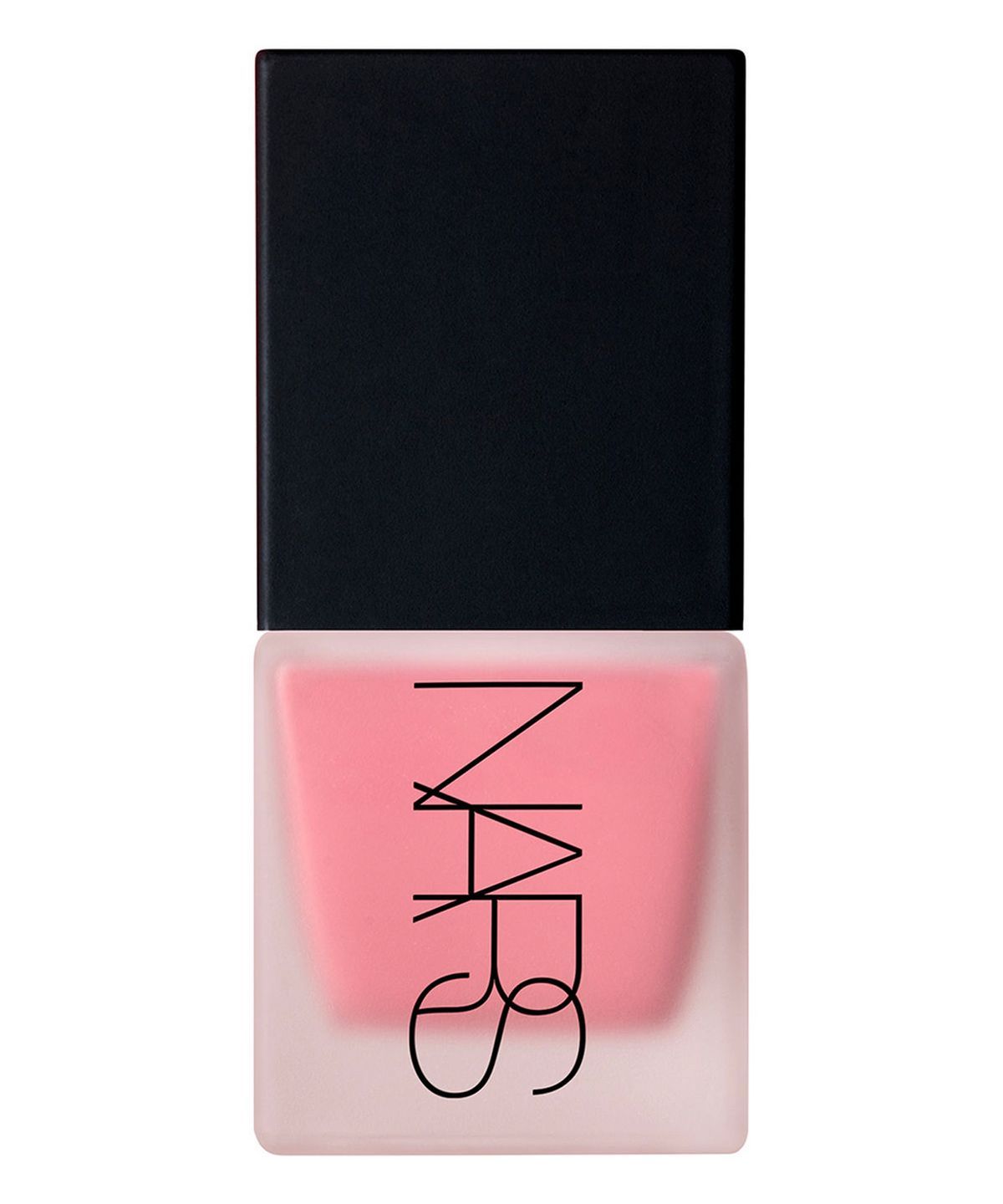
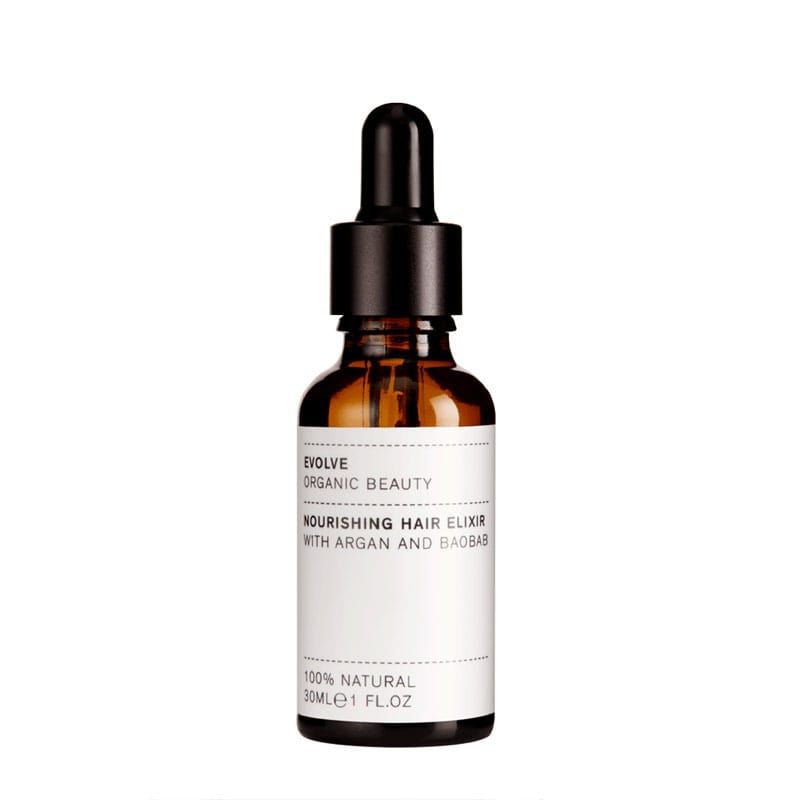
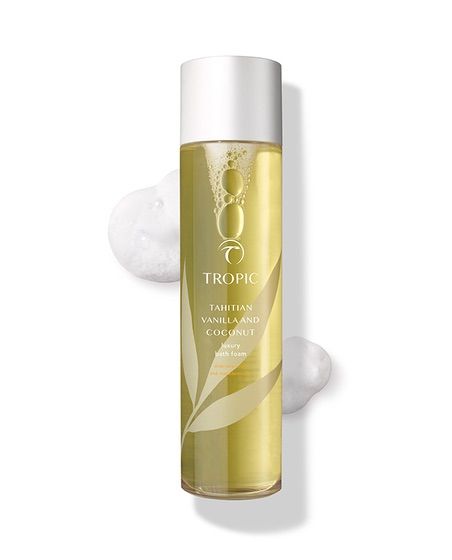
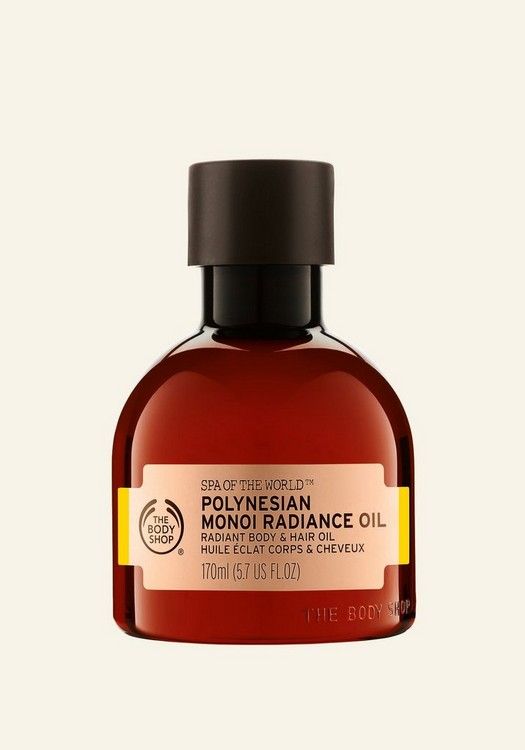
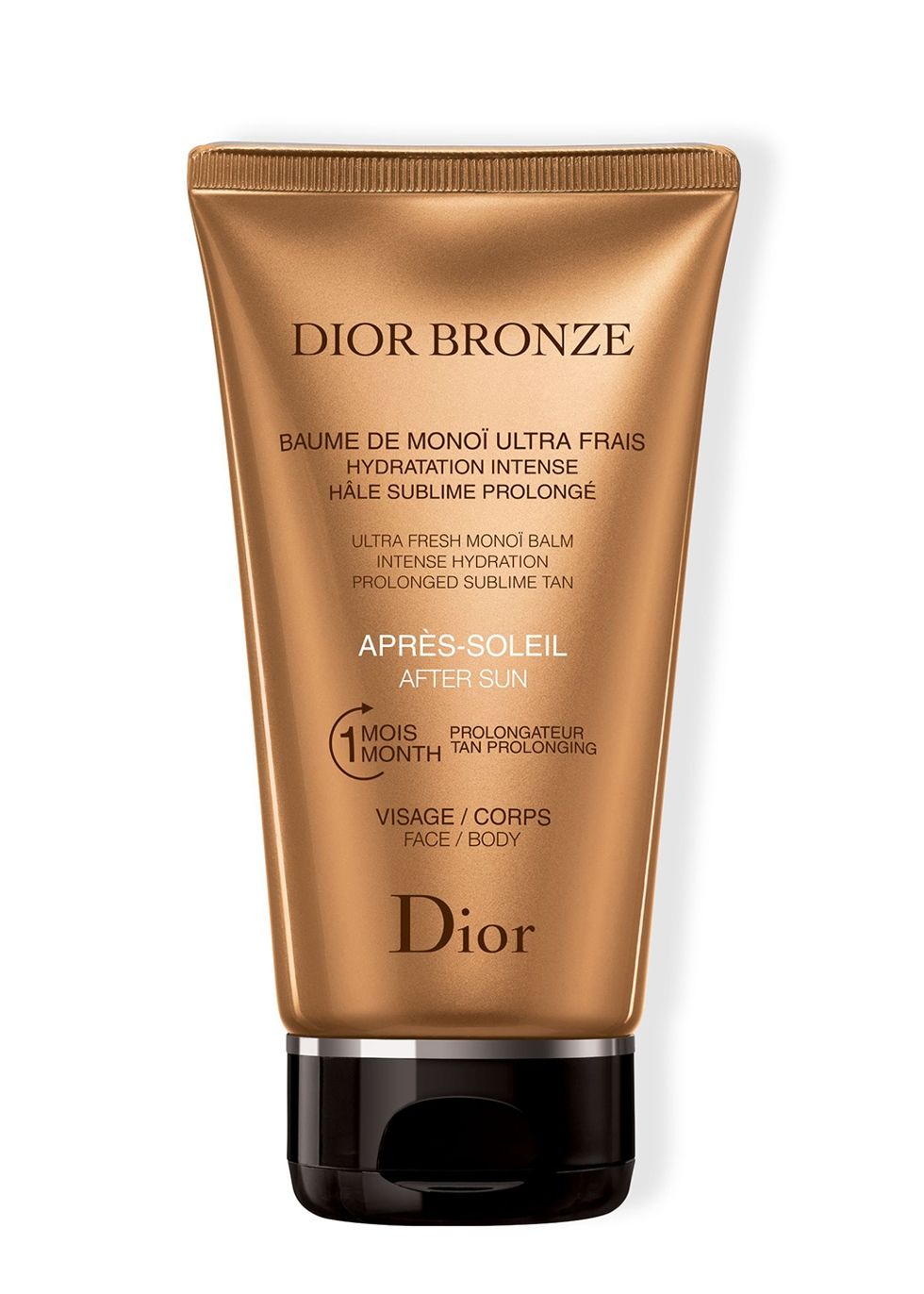
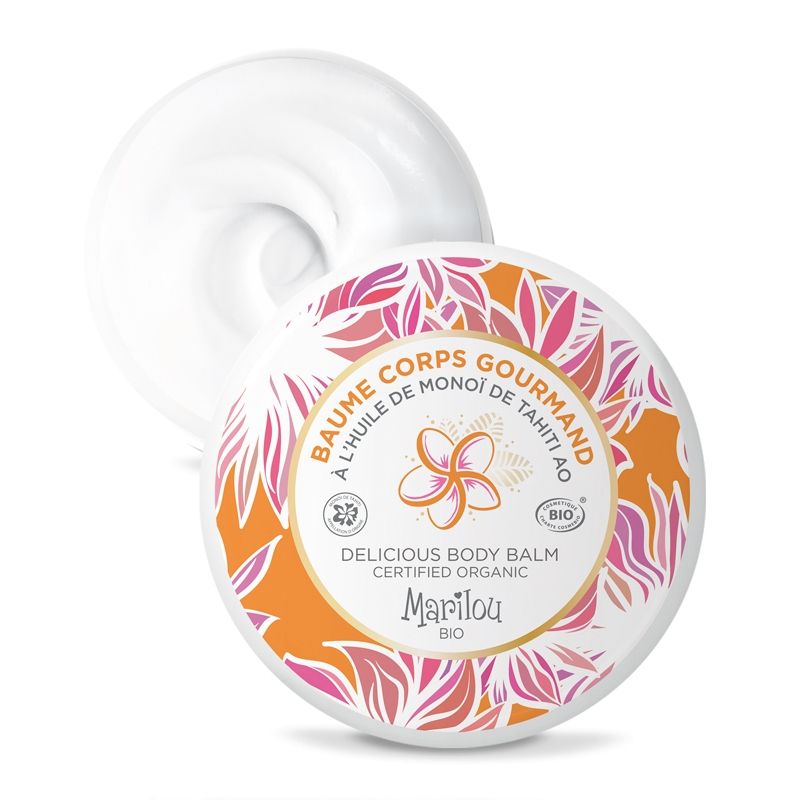
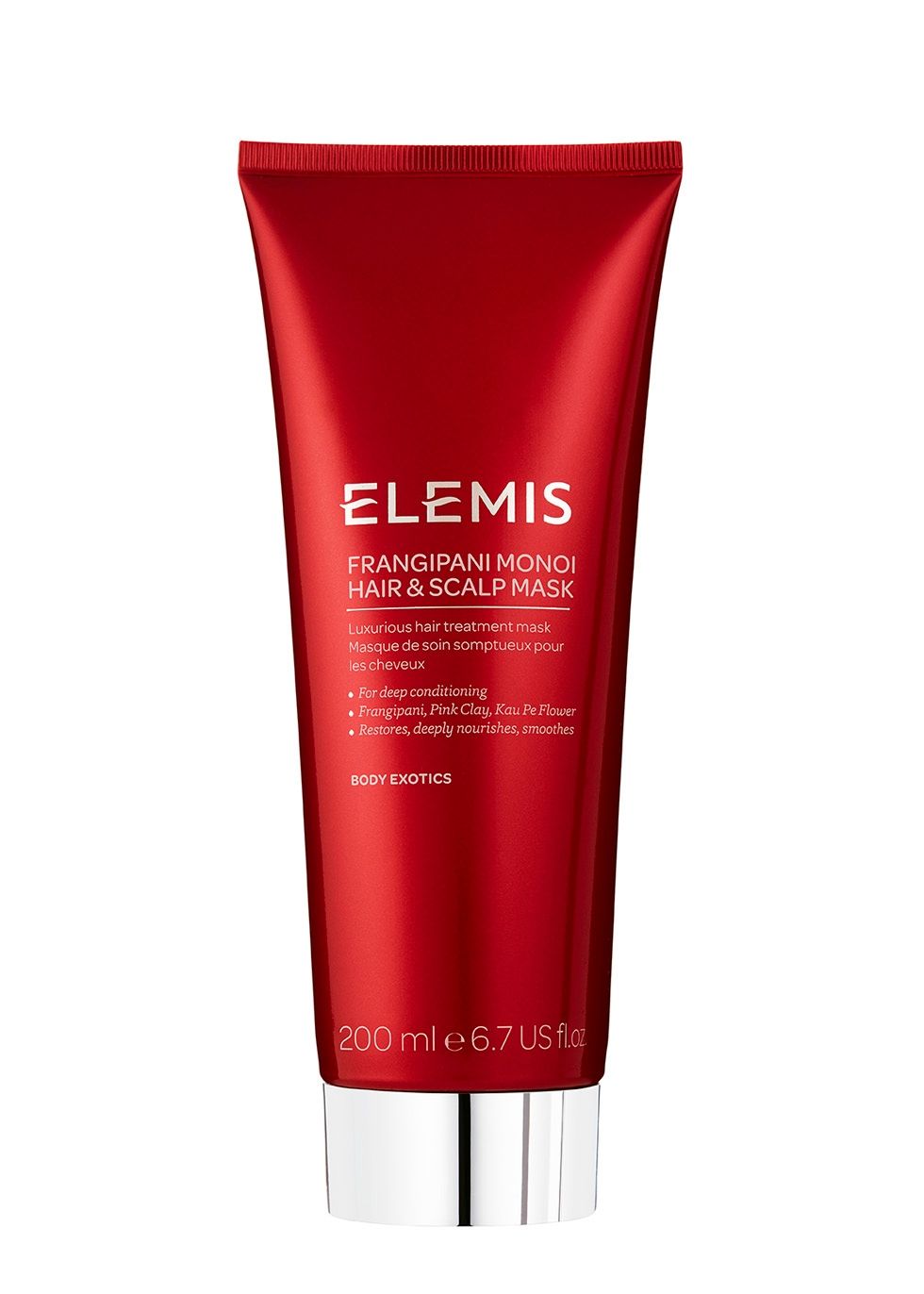
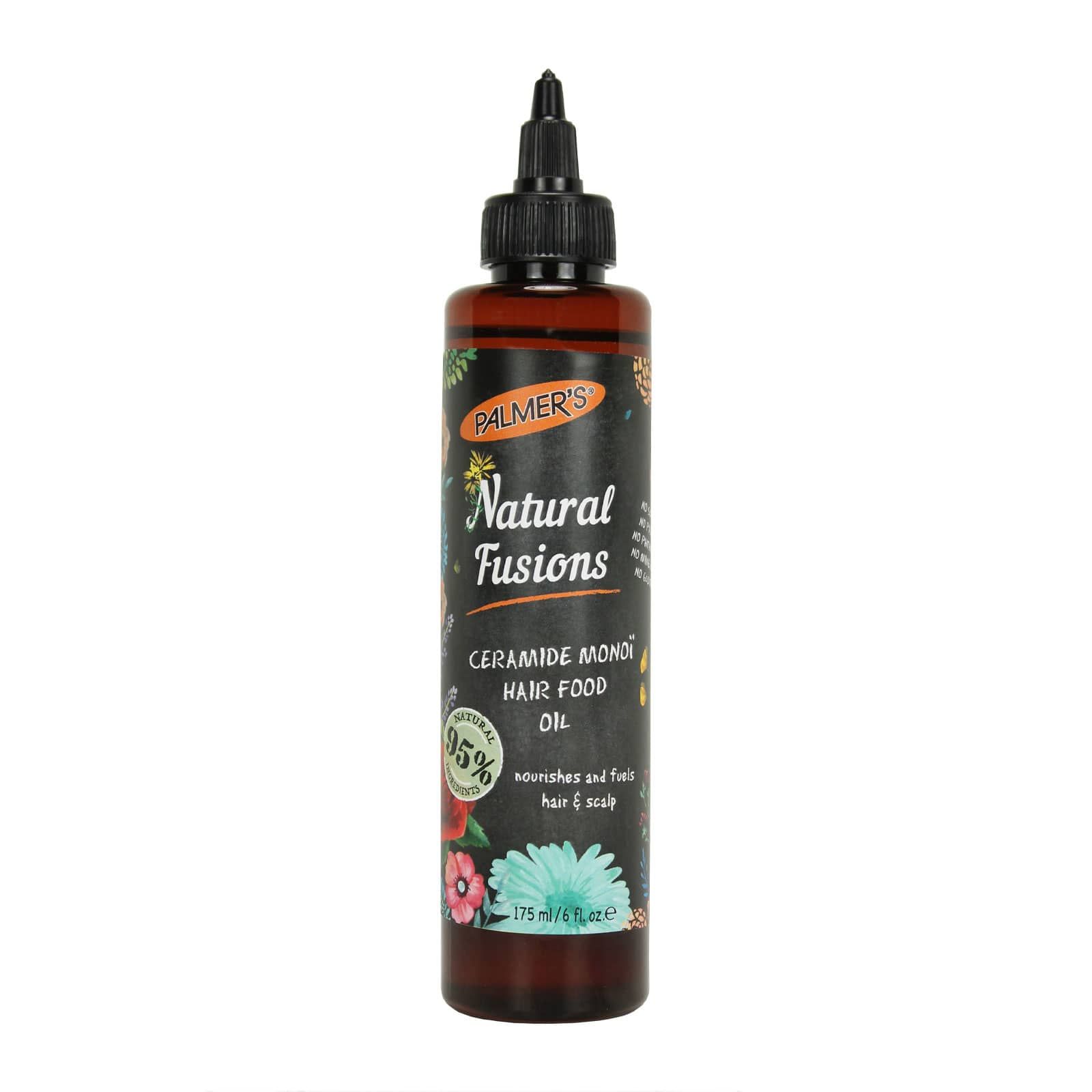
Next up: I was dubious about natural skincare, but these 15 products actually work.




